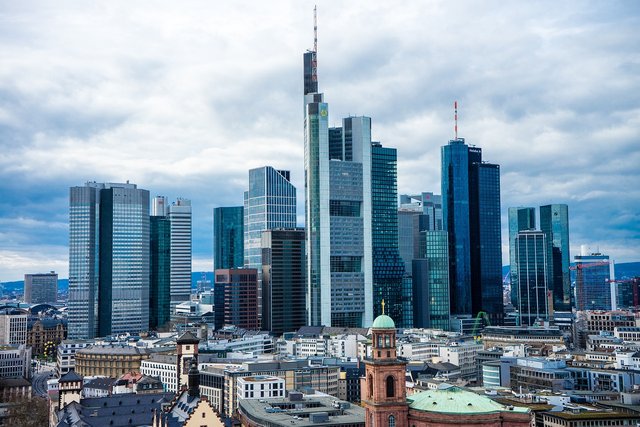Socialism vs. Capitalism: Which system attracts more investment?
Hello friends of Project Hope, I hope you are all well. Today I want to tell you about something I was recently talking to someone about, and it has to do with the economic policies that prevail in a country.
A country's economic policies are like the foundations of a building: they determine its stability and capacity for growth. These policies directly influence the perception of investors, who look for predictable scenarios and profitable opportunities to allocate their resources. This is where the difference between economic systems comes into play, particularly socialism and capitalism.

Socialism, with its focus on wealth redistribution and state control of resources, tends to generate distrust among investors. Because? Mainly because it introduces uncertainty and risks that are difficult to manage. In a socialist system, economic decisions often prioritize political or social interests over market efficiency. This can result in nationalizations, price controls and severe restrictions that limit potential profits. Furthermore, the lack of guarantees for private property acts as a strong deterrent. For investors, this represents a high risk: the rules of the game can change suddenly, putting their capital at risk. And all this is something that I experienced in my country, Venezuela, and the results speak for themselves.
On the other hand, capitalism, although not without its challenges, is usually perceived as a more fertile ground for investment. This system is based on market freedom and the protection of private property, which offers investors the legal and economic stability they need. Pro-market policies, such as competitive taxes, clear and transparent regulation, and openness to international trade, attract foreign capital, foster innovation, and create jobs. In essence, capitalism creates an environment where the potential benefits outweigh the perceived risks.

This is not to say that capitalism is perfect. When poorly regulated, it can lead to significant inequalities and financial crises. However, its ability to adapt and respond quickly to global dynamics makes it an attractive system for those seeking long-term opportunities.
We see a clear example of this dynamic in Latin America. Countries with socialist policies, such as Venezuela, have experienced a massive flight of capital and investment due to legal uncertainty and economic instability. In contrast, nations like Chile or Peru, which have adopted more capitalist policies in the past, managed to attract foreign investment and strengthen their economies.
To specify my opinion on this matter, economic policies definitely act like a magnet: they can repel or attract investors. While socialism represents an uncertain and risky terrain, capitalism, in general, offers a more predictable environment full of opportunities, key to sustainable economic development, it is my personal opinion, obviously, I would like to know yours.


Saludos amigo el socialismo es un sistema de gobierno que no ha funcionado en muchos países yo pienso que las economías mas estables son las basadas en el capitalismo ya que hay más libertad de inversión el estado se mantiene al margen del capital de los empresarios el socialismo es mas un populismo de los gobernantes